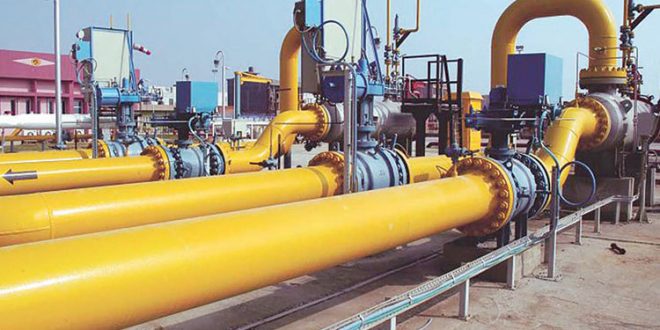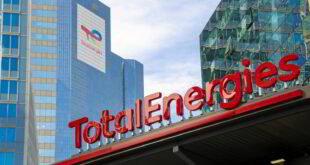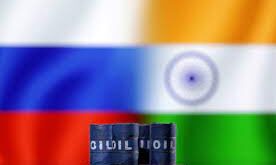Europe’s largest economy braced for a cut-off of Russian gas supplies on Wednesday, activating the first phase of a national emergency plan.
The move comes two days ahead of a deadline set by Russia for ‘unfriendly’ states to start paying for deliveries of Russian energy in rubles, rather than in euros or dollars. German Economy Minister Robert Habeck, who chaired a G7 meeting of energy ministers on Monday which unanimously refused to go along with Russia’s demands, said that the measures were a first, preliminary step which he called the “Early Warning” stage.
Two further stages, which could ultimately include the rationing of supplies to industry, are styled as “Alarm” and “Emergency”.
The first stage of the plan foresees largely closer coordination of physical gas flows between pipeline operators, supply companies and the government. The final stage would include the rationing of supplies, with priority given to households over industry. According to official German statistics, households and industry represent the two biggest sources of demand, accounting for 31% and 36% of total use. Trade and commerce account for a further 13%, while demand from the power generation sector is largely concentrated in combined heat and power plants, which tend not to run in the spring and summer.
Any reduction of industrial gas supplies would have an immediate impact on Europe’s largest economy. Michael Vassiliadis, a board member at Germany’s largest chemicals company BAS, had said on Tuesday that even a 50% reduction in supplies would force it to stop production at Ludwigshafen, Europe’s biggest chemicals complex. The country is particularly ill-positioned to deal with any supply interruption at present, given that its storage facilities are at their seasonal lowpoint for the year. Habeck told an ad hoc press conference that its storage facilities were only 25% full.
Russian officials have warned this week of an immediate reduction in supplies should Europe refuse to pay in rubles, illustrating the double-edged nature of the economic sanctions announced by the EU, U.K. and U.S. earlier at the start of the conflict.
The dependence of Europe – and of Germany in particular – on Russian energy has been a major factor inhibiting Europe’s response not only to the current crisis, but also to Russia’s first invasion of Ukraine in 2014 and its invasion of Georgia in 2008. It was Chancellor Olaf Scholz’s resistance that ensured that payments for energy supplies were exempted from the current sanctions.
In a television interview at the weekend, Scholz again argued forcefully that the German economy cannot cope with a sudden stop of energy supplies from Russia. Over half of the gas that Germany consumed last year came from the country.
Scholz’s claims have met with some skepticism and counter-claims that the three-party government is paying too much heed to business lobbying. An article penned by nine of the country’s most prominent economists last week suggested that the economic costs of a Russian energy embargo would most likely be between 2% and 3% of gross domestic product.
“There is no doubt that these are substantial economic costs, but at the same time, they are clearly manageable in the sense that the German economy has weathered deeper slumps in recent years and recovered quickly,” the authors said. “Both after 2009 and 2020, the economy and the polity overcame larger GDP declines. Public fear-mongering about the catastrophic consequences of an energy embargo from lobby groups and affiliated think tanks does not hold up to academic standards.”
European gas prices, which have eased in recent months after spiking at the start of the winter heating season, rose sharply again on Wednesday in response to the news. The benchmark Dutch TTF futures contract for April rose 11% to 120.74 euros a megawatt-hour by 3:55 AM ET (0755 GMT).

 Iran Energy News Oil, Gas, Petrochemical and Energy Field Specialized Channel
Iran Energy News Oil, Gas, Petrochemical and Energy Field Specialized Channel



